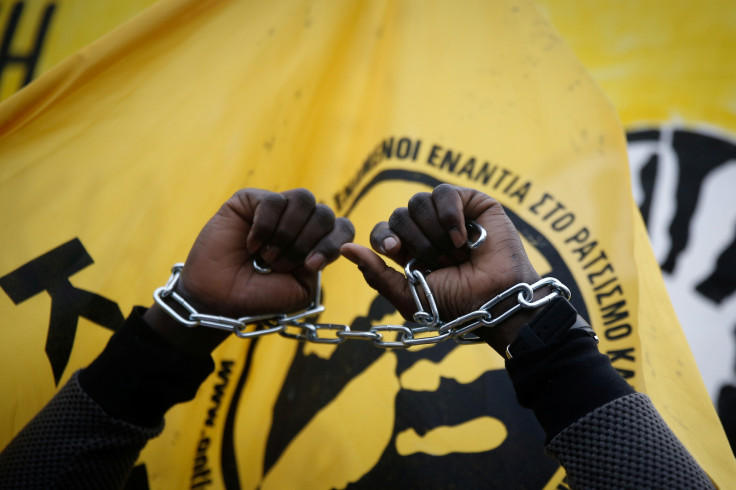International Day for the Remembrance of the Slave Trade and its Abolition 2022: Britain's horrific past
This year's theme is 'Stories of Courage: Resistance to Slavery and Unity against Racism.'
For 400 years, 15 million people from Africa suffered daily horrors and tremendous losses in the transatlantic slave trade. Thousands of workers- men, women, and children were shipped off against their will and sold into slavery.
On the night of August 23, 1971, the people of Santo Domingo (present-day Haiti and the Dominican Republic) began an uprising, fighting valiantly for their freedom and dignity from the colonizers who had suppressed them for centuries. The United Nations then designated August 23 as an annual holiday to honour their struggles and triumphs.
The International Day for the Remembrance of the Slave Trade and its Abolition is an international day designated by UNESCO to memorialize the transatlantic slave trade. In fact, the Director-General of UNESCO invites all the Ministers of Culture of every Member State to organize events that educate people about the history of slavery and its cause and consequences.
While everyone is invited to join in these activities, young people, educators, artists and intellectuals are the target audience. This year's theme is 'Stories of Courage: Resistance to Slavery and Unity against Racism.'
Slavery in Britain
Slavery in Britain existed even before the Roman occupation in the 11th century. Rich merchants and warlords would enslave and export Brits in large numbers. Though no legislation was ever passed in England that legalised slavery, British merchants were the driving force of the Atlantic slave trade.
It was Thomas Clarkson who led the long campaign for slavery's abolition until Parliament prohibited dealing in slaves by passing the Slave Trade Act of 1807. Britain then used its influence to convince other countries to dissolve the slave trade and to sign treaties to allow the Royal Navy to ban slaving ships.
The Slave Trade Act of 1807 abolished the slave trade in the British Empire, but it was not until the Slavery Abolition Act of 1833 that the institution of slavery was abolished.
However, despite being illegal, modern slavery still exists in Britain. This is often seen in the high number of cases received where human trafficking from poorer countries is observed. In 2020, the US State Department estimated that there were 13,000 trafficking victims in the UK.
On today's holiday, please take the time to learn more about your country's history and speak up against racism whenever possible. Slavery may be illegal now but systematic racism is still rampant and continues to affect those groups that were most at risk of becoming enslaved before.

© Copyright IBTimes 2025. All rights reserved.






















